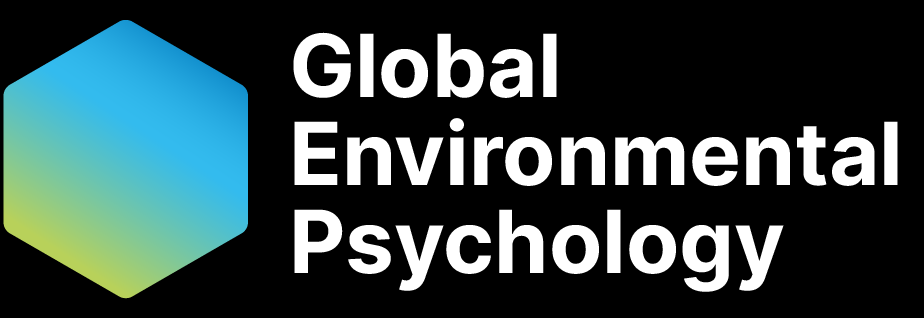“The Future Will Be Green, or Not at All”: How Positive (Utopian) and Negative (Dystopian) Thoughts About the Future Shape Collective Climate Action
Authors
Abstract
The global movement to combat climate change is focused on pressuring governments, industry and other key decision-makers to take urgent action to mitigate the causes and impacts of climate change. The movement has played an important role in global transformation and change. What motivates people to engage in collective climate action? The current study examines the role of prospection, that is, thoughts and emotions about the future, in shaping collective climate action. Two studies (Study 1: N = 413; Study 2: N = 440) test experimentally the effects of positive (utopian) and negative (dystopian) future-oriented thinking on collective climate action via future-oriented emotions (hope and fear). Participants were assigned to engage in one of two imagination tasks focussing either on a utopian society that has adapted to climate change, or a dystopian society, or a control condition (passive or active). Across both studies, utopian thinking was found to indirectly affect collective climate action by evoking feelings of hope. Additionally, an indirect effect of dystopian thinking on collective climate action through fear was found in Study 2. These results suggest that both forms of future-oriented thinking may have the potential to increase collective climate action intentions by evoking an emotional response.


